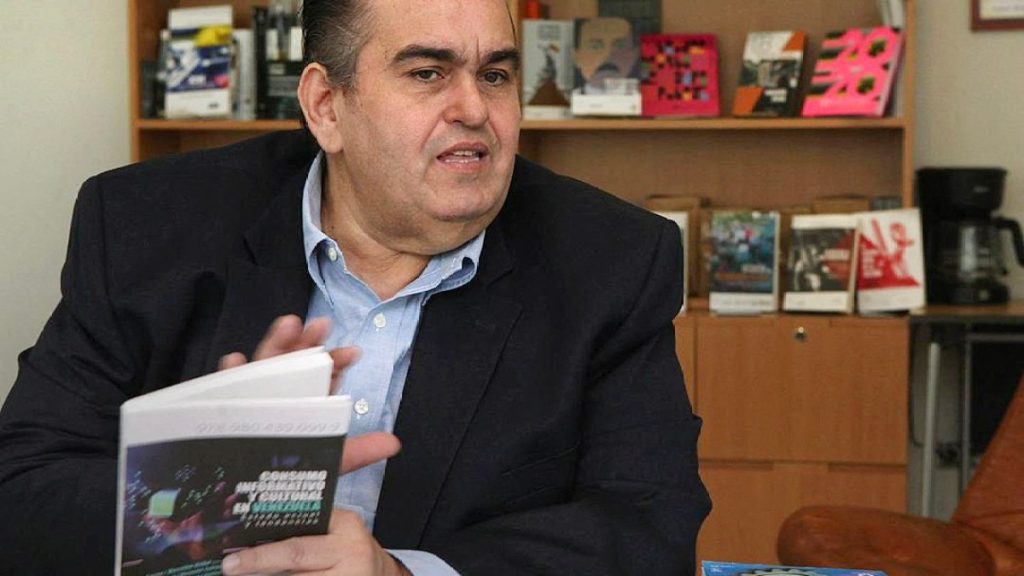Carlos Correa, a prominent Venezuelan human rights advocate and director of the non-profit organization Espacio Publico, was released from detention in the early hours of Thursday, January 16, 2025. His release followed a wave of arrests targeting opposition figures and civil society activists in the lead-up to President Nicolas Maduro’s controversial third-term inauguration on January 10, 2025. Correa, a respected university professor and expert on free speech in Venezuela, was reportedly detained by “hooded individuals” in Caracas on January 7, 2025, just days before Maduro’s swearing-in ceremony. His detention sparked international condemnation, with human rights organizations like Amnesty International and the UN High Commissioner for Human Rights, Volker Türk, demanding his immediate and unconditional release. These organizations expressed concerns about the politically motivated nature of the detentions and urged the Venezuelan government to guarantee the safety and due process rights of those arrested.
Correa’s arrest occurred amidst a backdrop of simmering political tensions in Venezuela. Maduro’s re-election in July 2024 was disputed by the opposition, who claimed their candidate, Edmundo Gonzalez, had won. The opposition accused the government of electoral fraud, citing the lack of a detailed breakdown of the vote tallies. Maduro, however, dismissed these accusations and proceeded with his inauguration, vowing to uphold the country’s laws and usher in a new era of peace and prosperity. The inauguration followed a pattern of increasing restrictions on dissent and freedom of expression under Maduro’s leadership, a trend that began under his predecessor, Hugo Chavez.
Espacio Publico, the organization led by Correa, has documented the closure of over 400 newspapers, radio stations, and TV channels in Venezuela over the past two decades. This systematic crackdown on media outlets has significantly curtailed freedom of the press and contributed to a climate of fear and self-censorship within the country. Correa’s detention, therefore, was seen as another alarming example of the government’s efforts to silence critical voices and suppress dissent. While Correa’s wife confirmed his appearance before an anti-terrorism court, details regarding the charges against him and his place of detention remained unclear until his release. The lack of transparency surrounding his arrest and the nature of the charges further fueled concerns about the arbitrary nature of the proceedings and the government’s disregard for due process.
The release of Carlos Correa was met with relief and cautious optimism by human rights organizations and press freedom advocates. Reporters Without Borders (RSF), for instance, welcomed his release but emphasized that he should not have been detained in the first place. While Correa’s release is undoubtedly a positive development, it also underscores the precarious situation facing human rights defenders and journalists in Venezuela. The ongoing crackdown on dissent, the arbitrary detentions, and the suppression of free speech continue to cast a long shadow over the country’s political landscape. The international community remains vigilant, closely monitoring the situation and advocating for the respect of fundamental human rights and freedoms in Venezuela.
The broader context surrounding Correa’s detention highlights the complex political and social challenges facing Venezuela. The disputed election results, the economic crisis, and the ongoing political polarization have all contributed to a volatile environment. The government’s increasing authoritarian tendencies, including the crackdown on dissent and the suppression of free speech, have drawn international condemnation and raised concerns about the future of democracy in the country. The case of Carlos Correa serves as a microcosm of these broader challenges, illustrating the vulnerability of human rights defenders and the urgent need to protect fundamental freedoms in Venezuela. The international community continues to call for dialogue, respect for human rights, and a peaceful resolution to the ongoing political crisis.
The release of Carlos Correa, while welcome, does not erase the underlying concerns about the deteriorating human rights situation in Venezuela. The arbitrary detentions of opposition figures and activists, the suppression of free speech, and the restrictions on media freedom paint a bleak picture. The international community must remain engaged and continue to pressure the Venezuelan government to respect fundamental human rights and freedoms. The future of democracy in Venezuela hinges on the ability of its citizens to freely express their opinions, assemble peacefully, and hold their government accountable without fear of reprisal. The case of Carlos Correa serves as a stark reminder of the importance of these freedoms and the need to defend them vigorously.

